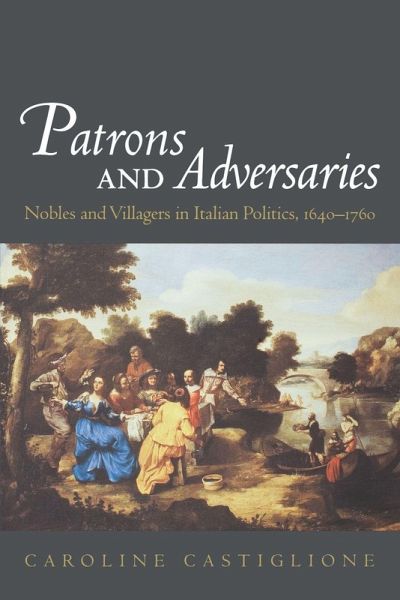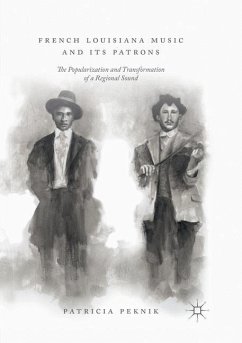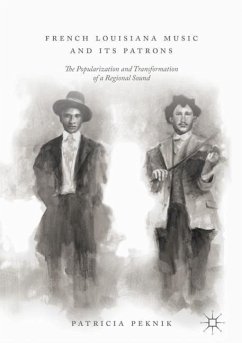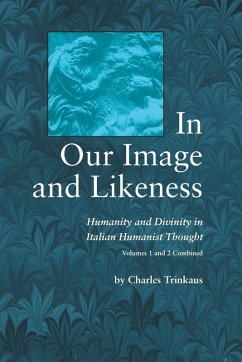
Patrons and Adversaries
Nobles and Villagers in Italian Politics, 1640-1760
Versandkostenfrei!
Versandfertig in 1-2 Wochen
46,99 €
inkl. MwSt.
Weitere Ausgaben:

PAYBACK Punkte
23 °P sammeln!
Four generations of the aristocratic Barberini family and its "vassals", clashed over how the early modern Roman countryside should be governed. Villagers sometimes cultivated noble interference, but they frequently resisted it through the strategies of adversarial literacy, political ways of reading and writing that challenged noble hegemony in the village.
The early modern Roman countryside was a site of contestation between great aristocratic families and an expanding papal political regime. Rarely has the role of the inhabitants of this landscape--the villagers--been considered as part of that power struggle. As Caroline Castiglione shows in this compelling revisionist work, one Roman aristocratic family, the Barberini, was not squeezed out of governing by the extension of the papal bureaucracy, but rather became increasingly engaged with it during the long eighteenth century. Through their participation in the rural commune, villagers in an extensive territory belonging to the Barberini became active participants in the governing of the countryside. Villagers cultivated and exploited interference from the aristocratic family and the papal government, but they also kept urban elites at bay, defending their rights through the strategies of adversarial literacy. Such literate practices drew on village mastery of local constitutions, debates in the village assembly, and brilliant use of the legal system of the papacy to thwart the designs of the Barberini. Later villagers created and interpreted sources for themselves, effectively challenging the elite monopoly on making and interpreting texts. A lost world of increasingly savvy villagers, irate nobles, and exasperated bureaucrats emerges here in an engaging narrative that chronicles how seemingly marginalized villagers challenged the pragmatic control of the Roman countryside, using texts and ideas that urban elites had exported to the countryside for other purposes.













